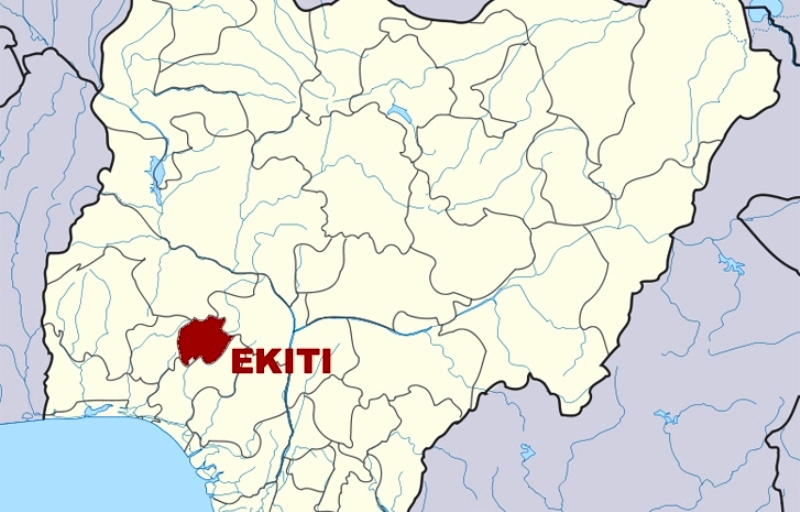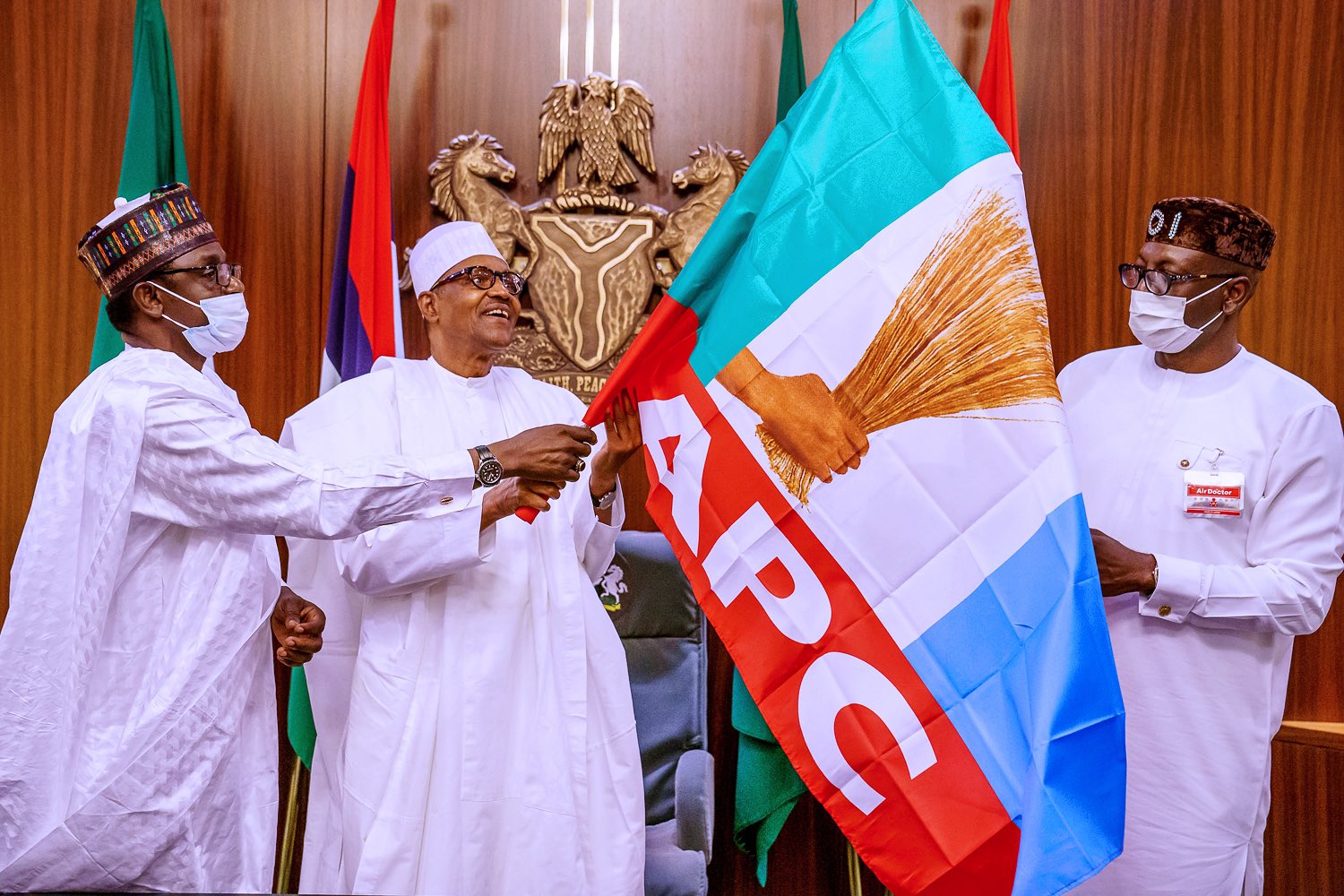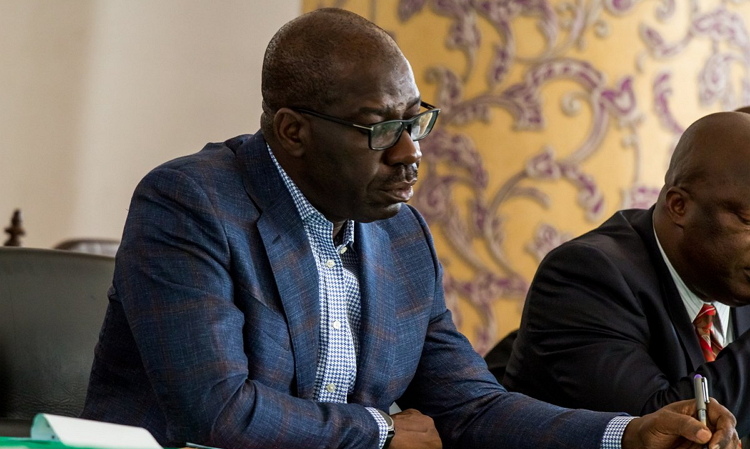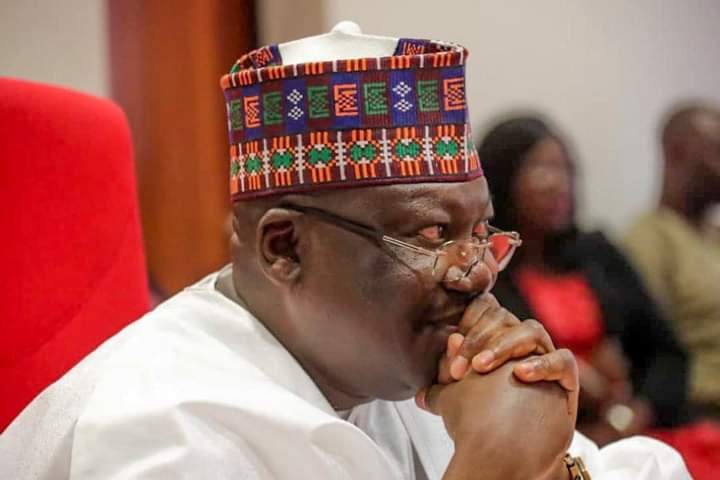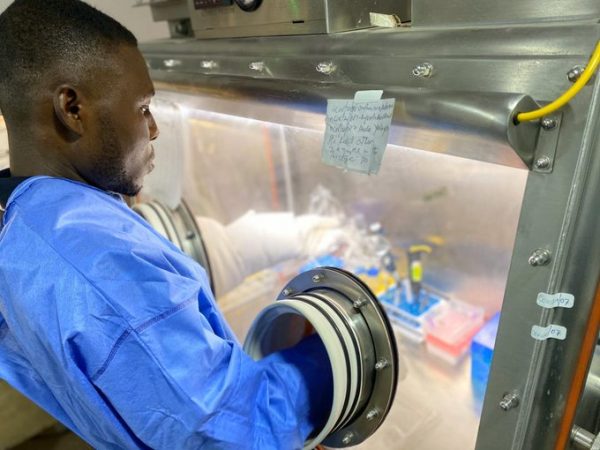By Ehichioya Ezomon
In the “Mother of All Elections” in 2023, Nigeria is having a heavy dose of speculative news spread by canvassers for aspirants or the media, particularly the online, that trade in “breaking”, “exclusive”, “shocking” or “explosive” news that’s mostly a tale by moonlight.
That said, speculations are the ingredients that oil politics, and Nigerians can do with some conjectures in the lead-up to the primaries, and actual polls tentatively to begin in February 2023.
Scores of aspirants are lining up for the presidential primaries of the registered parties, especially under the ruling All Progressives Congress (APC) and the main opposition Peoples Democratic Party (PDP).
There’re talks about the resurgence of a “Third Force” in the form of a “Mega Party” of disparate groups, such as was bandied pre-2019 elections, primed to challenge the dominance of the APC and PDP, and enthrone a “truly progressive democratic culture” in Nigeria.
But that dream was stillborn, suffocated by its promoters, many of whom are currently beating a familiar path of media visibility, trying to convince sceptical Nigerians to have faith “in the coming order.”
Actually, a semblance of the platform was launched in Abuja the other day as “The National Movement” with former Governor of Kano State and presidential aspirant, Senator Rabi’u Musa Kwankwaso, superintending.
Yet, the emphasis is on the APC and PDP, whose aspirants, for lack of a clear-cut zoning, are juggling with presidential or vice presidential slot, by aligning with several aspirants on either side of the equation. Let’s have a checklist of the APC aspirants.
Asiwaju Bola Ahmed Tinubu, former Lagos State governor and self-styled National Leader of the APC, is considered as the front runner in the APC, and second only to former Vice President Atiku Abubakar in the entire presidential field for 2023.
On account of his pedigree in politics, standing in the race for 2023, and the age factor, Asiwaju Tinubu, like Atiku, may be gunning for the presidential seat, and not the vice presidential position.
Having told President Muhammadu Buhari of his “life-long ambition” to govern Nigeria, Tinubu is being paired in a Muslim-Muslim ticket with Governor Babagana Umara Zulum of Borno State, or a Muslim-Christian tag team with former House of Representatives Speaker, Rt Hon. Yakubu Dogara, Secretary to the Government of the Federation, Boss Mustapha or Plateau State Governor Simon Lalong.
Vice President Yemi Osinbajo, ticked to run on his record as second-in-command to President Buhari since 2015, or backed by Tinubu if his (Tinubu’s) ambition can’t fly, is paired with Governors Zulum (in a scenario dubbed “Two-eggheads-presidency”), Nasir el-Rufai of Kaduna State, Mai Mala Buni of Yobe, Atiku Abubakar Bagudu of Kebbi or Mohammed Badaru Abubakar of Jigawa.
Prof. Zulum is joined with Asiwaju Tinubu, Prof. Osinbajo, Governor Kayode Fayemi of Ekiti, Governor Dave Umahi of Ebonyi, former Governors Orji Uzor Kalu (Abia), Rotimi Chibuike Amaechi (Rivers), Timipre Sylva (Bayelsa) or Chris Ngige (Anambra).
Governor Fayemi, Chairman of the powerful Nigerian Governors’ Forum (NGF), is paired to run with Governor Zulum, Governor Bagudu, Governor Buni or Governor el-Rufai.
Governor Umahi, who decamped from the PDP in late 2020, owing to the party’s alleged insensitivity to the South-East aspiration for the presidency, has informed President Buhari of his aspiration, and is being coupled with Governors Zulum, Buni, el-Rufai or Bagudu.
Dr Kalu, the Senate Chief Whip, who prides himself as a pan-Nigerian of “Southern by birth and Northern by growth,” and an early bird that’s postured for the presidency for over a decade, is being tagged with Governors Zulum, el-Rufai, Bagudu, Buni or Badaru.
Rt Hon. Amaechi, recently turbaned as the “Dan Amanar Dauru (trusted Son of Daura), in President Buhari’s homestead of Daura, Katsina State, is tipped to run with Governor Zulum, Governor Buni, Governor el-Rufai or Governor Bagudu.
Governor Bagudu, Chairman of the Progressives Governors’ Forum (PGF), is on either way being joined in the ticket with Governor Fayemi, Governor Umahi, Rt Hon. Amaechi or former Governor of Imo State, Senator Rochas Anayo Okorocha.
Governor Buni allegedly holds onto the APC Caretaker Committee chair as a springboard to his presidential ambition. Thus, he’s being primed to pair with Governor Fayemi, Governor Umahi, Rt Hon. Amaechi, Governor Ben Ayade of Cross River State or Mr Sylva.
Governor el-Rufai’s once rosy status as the “beautiful bride” of presidential aspirants has been tempered by the clamour to zone the presidency to the South, which he supports. Still, he can pair with Governors Fayemi, Umahi or Ayade, or Rt Hon. Amaechi, Senator Kalu or Senator Okorocha.
Governor Ayade, not vocal about the presidency, and has presented himself as a pacifist capable of quelling any untoward fallouts from the APC primaries, can pair with Governor Zulum (in another “joint ticket of eggheads”), or Governors el-Rufai, Bagudu or Buni.
Mr Sylva, lately mentioned in the presidential permutations as the “choice of the Buhari Boys,” is projected to pair with Governor Zulum, Governor el-Rufai, Governor Buni or Governor Bagudu.
Dr Ngige, who rates himself as the pathfinder (“bringer” in local parlance) of the APC in the South-East, can bond with Governor Zulum, Governor Buni, Governor Bagudu or Governor el-Rufai.
Owelle Okorocha, who took a faction of the All Progressives Grand Alliance (APGA) to the merger talks that produced the APC in 2013, would be a front runner today but for the crisis in the Imo chapter in 2019, as he tried to install his son-inlaw, Uche Nwosu, as his successor in office. Still, the pan-Nigerian polyglot can run with Governors Zulum, Bagudu, Buni or el-Rufai.
Governor Abubakar hasn’t presented himself as a presidential material for 2023. Yet, in politics, a dark horse can spring surprises, and that accounts for his being matched with Prof. Osinbajo, Governor Fayemi, Rt Hon. Amaechi or Governor Umahi.
Mr Dogara, whose spat with Bauchi Governor Bala Mohammed reportedly stems from his defection to the APC as a precursor to his 2023 ambition, may run with Asiwaju Tinubu, former Lagos governor and Minister of Works and Housing, Mr Babtunde Fashola or former Osun governor and Minister of Interior, Ogbeni Rauf Aregbesola.
Mr Mustapha’s display of quality leadership in chairing the Presidential Steering Committee (PSC) on COVID-19 pandemic may recommend him for a ticket with Tinubu, Fashola or Aregbesola.
Governor Lalong wasn’t in the reckoning for the presidency, but his name has come up lately, as the jostling for the prime target in the APC continues to baffle polity watchers. So, he can pair with Asiwaju Tinubu, Mr Fashola or Ogbeni Aregbesola.
Mr Fashola (SAN) and Ogbeni Aregbesola, protégées of Asiwaju Tinubu, who leads the field of aspirants in the APC, may have to rely on providence to clear their way for a presidential run. Each can pair with Rt Hon. Dogara, Mr Mustapha or Governor Lalong.
Governor Bello, riding high on the back of leading the youths and women, who’ve been clamouring for his presidency in 2023, may’ve had his ambition cut short by the zoning of the APC chairmanship to North Central (Middle Belt). Yet, in politics, dreams never die!
Last Line: There’re more aspirants in the APC waiting in the wings to announce their presence in the presidential arena, even as the next serial of this article situates aspirants in the PDP that are already counting the curtains at the Presidential Villa in Abuja.
Mr Ezomon, Journalist and Media Consultant, writes from Lagos, Nigeria.
![2023 zoning and aspirants’ pairing permutations [4] – By Ehichioya Ezomon](https://thenewsguru.ng/wp-content/uploads/2021/03/images-2.jpeg)
